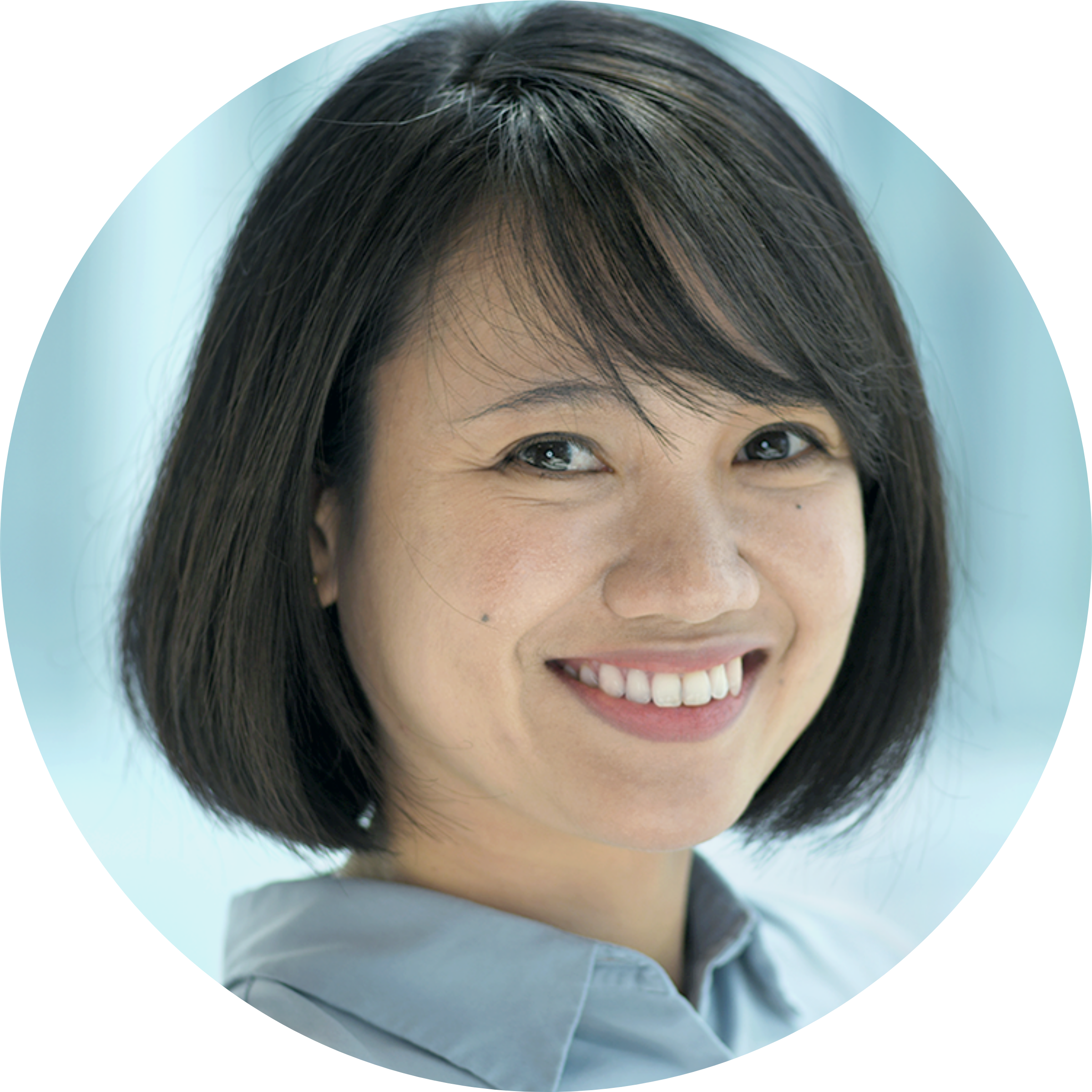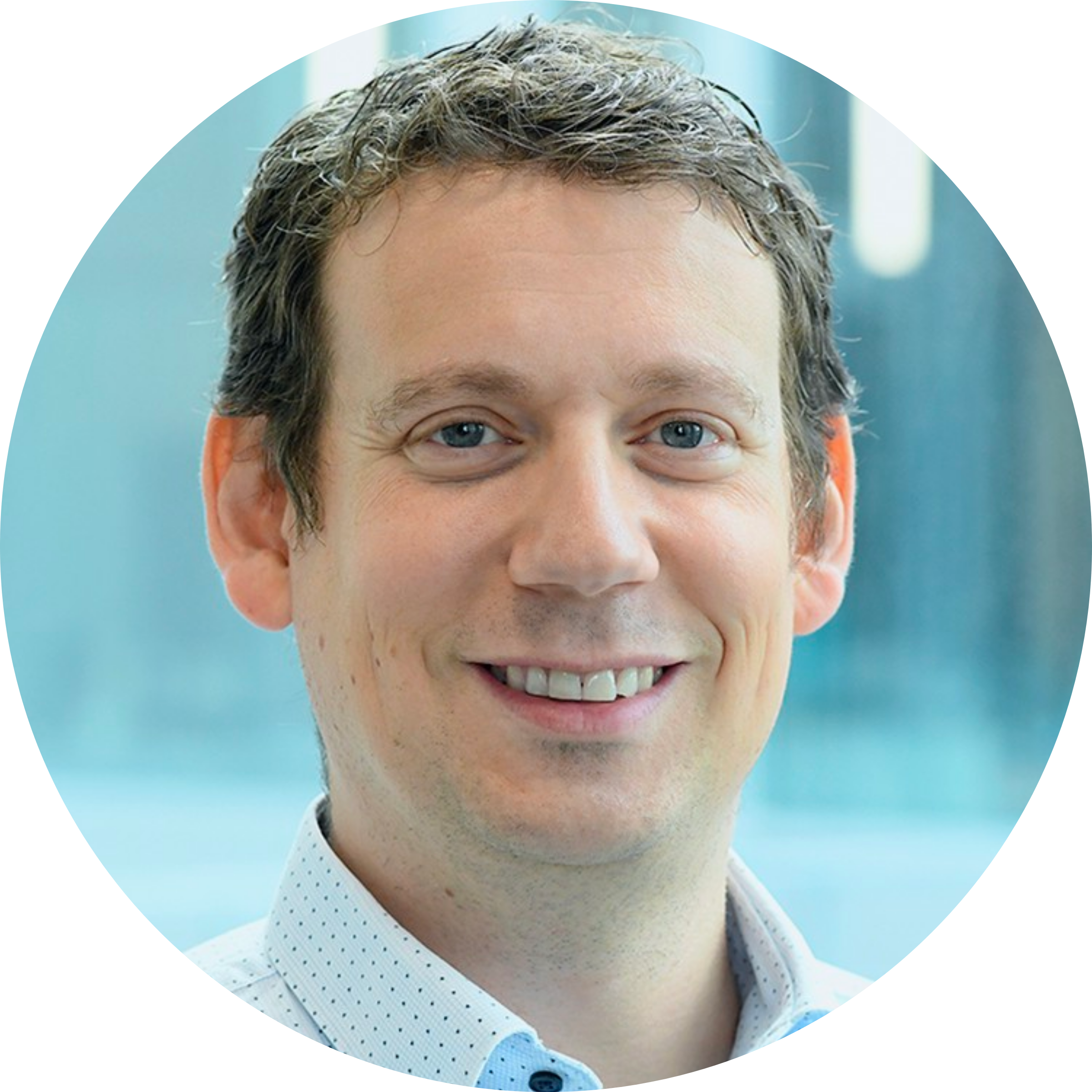Onsite Speakers | Short Bio:
| Onsite Speaker | Short Bio |
|---|---|
  | Dr. Urs Frey CEO, MaxWell Biosystems Urs Frey is the CEO at MaxWell Biosystems and a member of the founding team. Urs is responsible for running MaxWell Biosystems, business development, finances and product design. Urs earned his PhD in Electrical Engineering at ETH Zurich before moving to at IBM Research, where he did a postdoc on mixed-signal circuit design. Later, Urs was heading an independent laboratory focusing on CMOS-based bioelectronics and biosensors at RIKEN, Japan. During the past 15 years he has built up considerable experience in project and people management. Urs is the innovator of the “switch-matrix” architecture of our microelectrode arrays. | Publications | LinkedIn | Twitter |
  | Dr. Marie Obien CCO, MaxWell Biosystems Marie Obien is MaxWell Biosystems’ CCO and a member of the founding team of MaxWell Biosystems. Marie is a specialist in electrophysiology, with strong skills in MEAs and various techniques, including the gold-standard electrophysiology method–patch-clamp. She is the author of the currently most frequently cited review on MEAs. Marie participated in the Global Innovation Program workshop for business development in the Silicon Valley. Marie earned her PhD in Electrical Engineering from NAIST, Japan, and obtained her training in neuroscience as a postdoctoral researcher at RIKEN, Japan. | Publications | LinkedIn | Twitter |
  | Dr. Bruna Paulsen Arlotta Lab, Harvard University, USA Bruna Paulsen is a postdoc at Paola Arlotta’s lab at Harvard University. Paulsen’s research uses human brain organoids to study the molecular and cellular basis of autism. Prior to joining the Arlotta lab, Paulsen developed a new strategy to increase precise gene editing in Derrick Rossi’s lab at Harvard Medical School. During her PhD, at the Federal University of Rio de Janeiro (Brazil), she used patient derived pluripotent stem cells to reveal metabolic and molecular changes in schizophrenia. | Institutional website | Publications | LinkedIn | Twitter |
  | Dr. Silvia Velasco Murdoch Children's Research Institute, Australia Prof Silvia Velasco leads the Neural Stem Cell group at the Murdoch Children’s Research Institute (MCRI). Her research interest is to build in vitro 3D stem cell organoid models that resemble the developing human brain, to identify the molecular processes and higher-order circuit functions that are affected in autism and other neurodevelopmental disorders. She has extensive experience in the establishment of stem cell-derived 3D organoids to investigate brain development and disease, developed whilst working with Professor Paola Arlotta, in the Stanley Center for psychiatric research, at the Broad Institute of MIT and Harvard. | Institutional website | Publications | LinkedIn | Twitter |
  | Dr. Marián Hruška-Plocháň Polymenidou Lab, University of Zurich, Switzerland Marian has a major interest in neurodegenerative diseases. His current research is focused on TDP-43 and C9orf72 ALS-associated proteinopathies. To study these diseases, Marian developed human neural networks, a model based on neural stem cells. This model also allows for investigation of neuroprotective potential of small molecules and immunotherapy in ALS and is perfectly suitable for HD-MEA applications. | Institutional website | Publications | LinkedIn | Twitter |
Online Speakers | Short Bio:
| Onsite Speaker | Short Bio |
|---|---|
  | Dr. David Jäckel MaxWell Biosystems, Switzerland David Jäckel holds a PhD in Engineering and Neuroscience from ETH Zurich, where he has worked on signal processing tools for high-resolution microelectrode arrays and on combining intra-, extracellular, and optical neuronal imaging techniques. As a Senior Product Manager at MaxWell Biosystems, he is passionate about connecting the dots between the users, applications, and products. | Publications | LinkedIn | Twitter |
  | Dr. David Pamies Zurich Fontanellaz Lab, University of Lausanne, Switzerland Dr. Pamies has developed a 3D human brain model derived from iPSC, called BrainSpheres. The model developed at Johns Hopkins University under NCATS funded project, part of the NIH/DARPA/FDA Human-on-a-chip, has shown multiple applications demonstrating the value of a model to assess neurotoxicity, developmental neurotoxicity, and different brain diseases. In this presentation, Dr. Pamies will explain the model and application in neurotoxicology. | Publications | LinkedIn | Twitter |
  | Dr. Kenta Shimba Jimbo Lab, University of Tokyo, Japan Kenta Shimba has been working as an assistant professor at Professor Jimbo’s laboratory in the University Tokyo since 2018. His areas of expertise include microdevice fabrication, and evaluation of axon conduction characteristics of primary and iPS cell-derived neurons. | Publications |
 English
English


